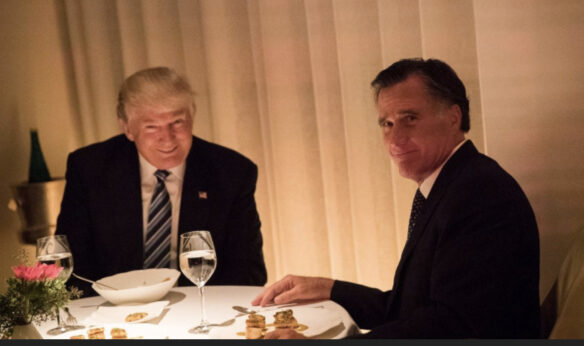Jacob Z. Hess, Ph.D.
Have we learned enough as parents to trust the Pfizer vaccine as effective and safe for young children over the long-term? In my own review, there are at least three important concerns that still need to be resolved.
Originally published on Meridian Magazine, November 5, 2021
After the data submitted by Pfizer for its COVID-19 vaccine for children received a thumbs up by the FDA panel last week, the anticipated nudging of parents began.
- Anthony Fauci said, “Even though the chances of (a child) getting sick and seriously ill are small, why do you want to take a chance of that with your child, when you can essentially protect the child by an intervention that is proven to be both highly effective and very safe?”
- Andrew Pavia from University of Utah Health likewise stated potential risks of the child vaccine are “dwarfed by the benefits of getting the vaccine.”
- Dean Blumberg, an associate professor of pediatric infection diseases at UC Davis concluded, “it’s clear the benefits outweigh the risks for this age group.”
- And Pfizer itself declared their vaccine offered children “a high degree of protective efficacy against COVID-19 during a period when the Delta variant of concern predominates in the US.”
Finally, after their own committee approved the shot’s distribution on Tuesday, CDC Director Dr. Rochelle Walensky suggested that “Parents should feel comforted not just that their children will be protected but that this vaccine has gone through the necessary and rigorous evaluation that ensures the vaccine is safe and highly effective.”
What more needs to be said? Seems like time to lay aside any further questions, and move on to getting shots in those trembling arms, right? (while anticipating additional data coming soon about children 5 and under).






















